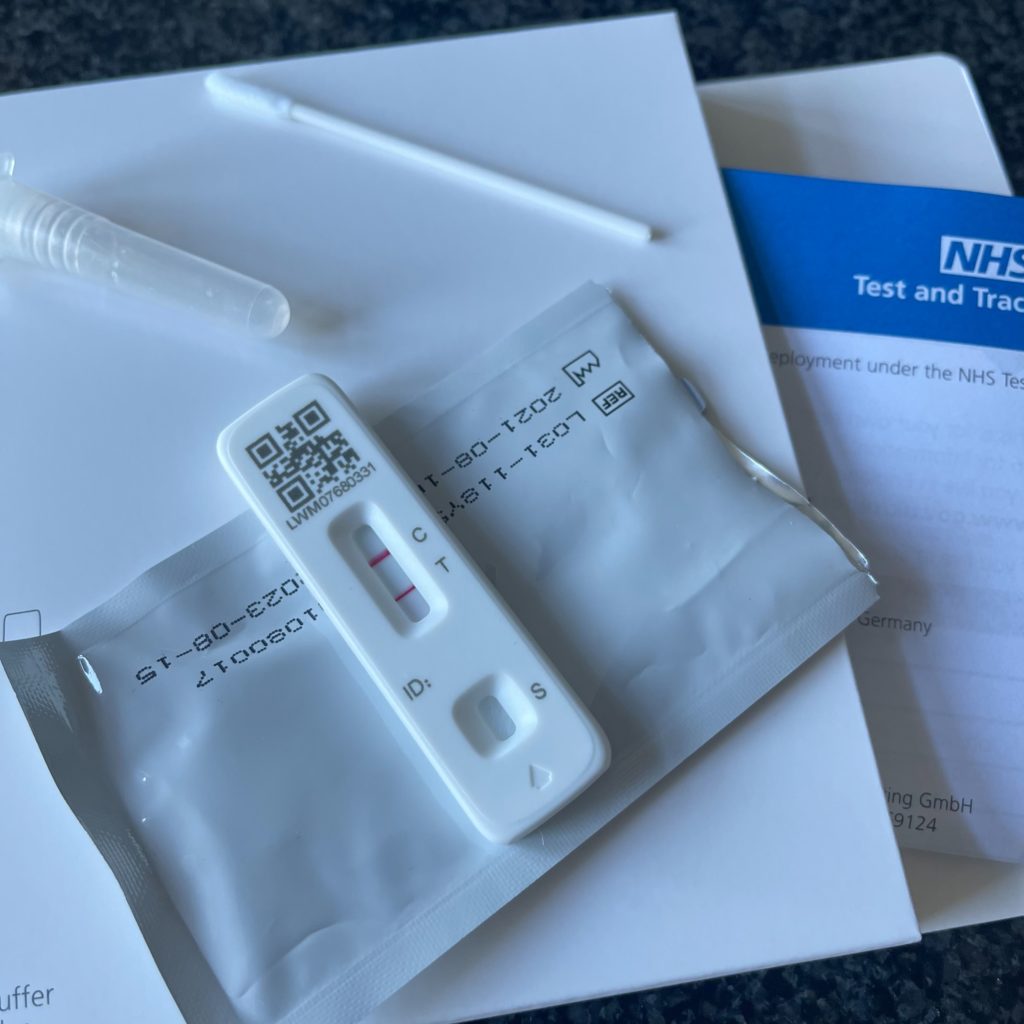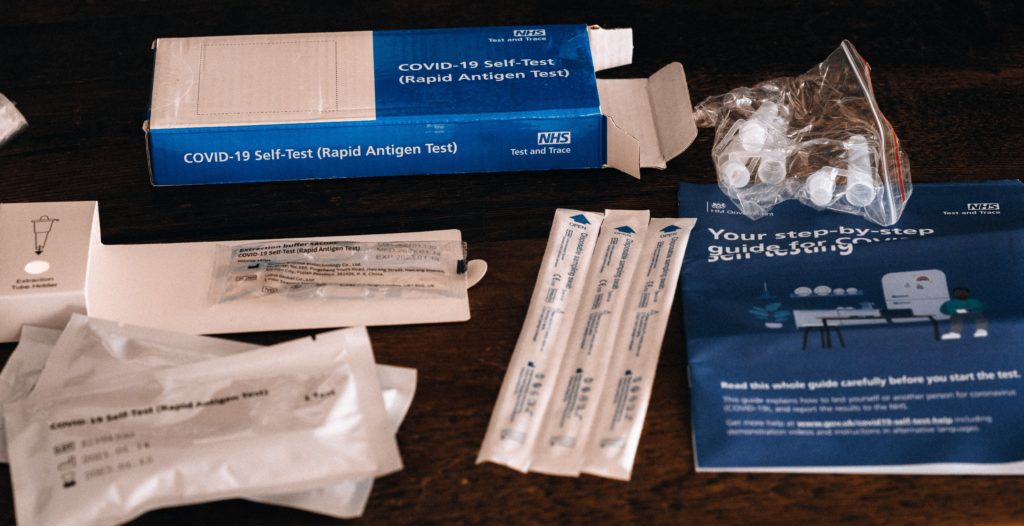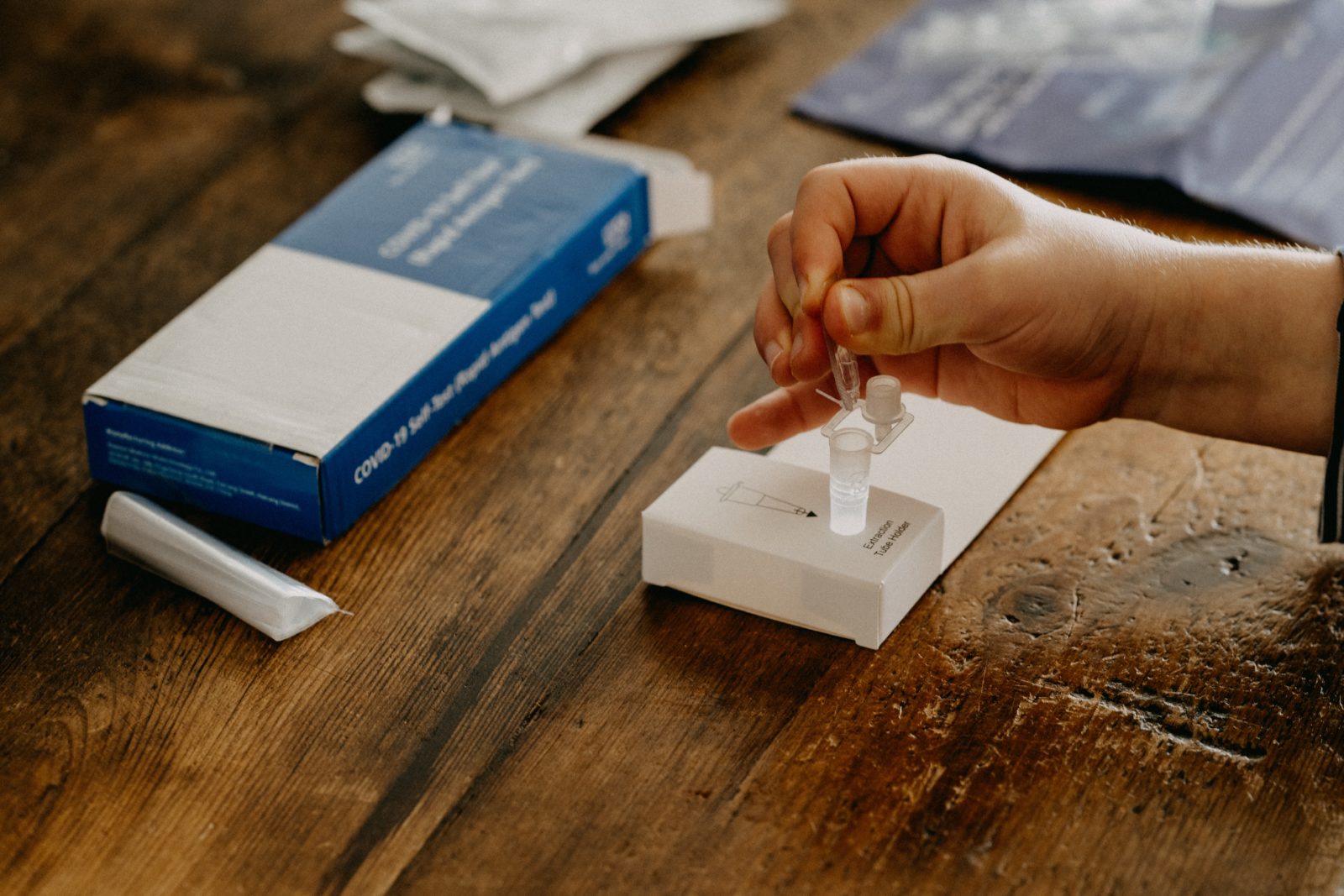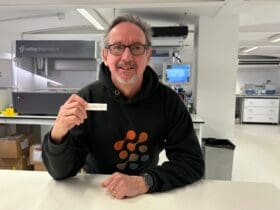Taking a lateral flow rapid test has become the norm for most of us, but if you’re feeling fine, you might be wondering why it is still necessary to take a test.
There are many reasons why testing is still important, from helping scientists track the spread of the virus to protecting those around you. We’ll cover these reasons, and more, in greater detail below, so read on to learn why lateral flow testing is still important even as restrictions continue to be eased across the country.
Works in Those With No Symptoms


One of the main reasons that regular Covid lateral flow testing is so important is that these tests can detect whether or not a person is infectious even if they aren’t showing any symptoms. Asymptomatic people can inadvertently spread the disease every time they come into contact with someone. If you don’t know you are infected, you are unlikely to take the proper precautions to keep everyone safe.
So, by taking a test every couple of days, or, even better, before you go out to meet someone, you can determine whether or not you are infectious, even if you are feeling fit and well.
Also, new variants of the virus have different symptoms – the Omicron variant tends to cause those infected to sneeze or have a runny nose more than classic Covid symptoms like a cough and a fever. So, it’s always worth testing if you develop cold symptoms to rule out Covid.
Quick Results
Lateral flow tests are incredibly convenient – testing takes just a few minutes and, depending on the specific brand of test you have, you will get your results in anywhere from five to 30 minutes.
On the other hand, if you go for a PCR test (the kind that is sent away to the lab for analysis), you often have to wait a couple of days for your results to be sent. If you have Covid symptoms and are waiting for PCR test results, you’ll have to self-isolate while you wait. This could result in a few wasted days where you’ve been unable to work or visit friends and family if your test comes back negative.
However, with lateral flow tests, you will know almost instantly whether or not you are currently infectious. This means you don’t have to self-isolate unnecessarily, meaning you can get on with your life, provided your results are negative.
Can Detect Whether Someone is Infectious Before Symptoms Show


Although guidance changes often, generally, PCR tests are only offered to those with some of the main symptoms of COVID-19, such as a fever and a continuous cough. However, you can take a lateral flow test whenever you like, whether you are feeling fit and healthy or have developed a cough or fever.
This is important because, although difficult to calculate, it is estimated that around 1 in 5 people with COVID-19 will show no symptoms. On a similar note, even if someone will go on to develop classic Covid symptoms, lateral flow tests can detect the virus before symptoms begin. That’s because the average incubation period of the virus is 3-5 days – meaning you could potentially be spreading the virus for around five days before showing any symptoms.
Reduces the Spread of the Virus in Communities
Taking a lateral flow test regularly and reporting your results can help scientists and the government track local coronavirus outbreaks. In turn, this helps appropriate measures be put into place, such as mask-wearing, social distancing, and closing more risky venues when case numbers get high.
As mentioned previously, lateral flow testing gives you an almost instant result. So, if you find out you are infectious, you can self-isolate straight away. This means you won’t be contributing to the spread of the virus in your local community.
Helps Protect Those Who Are Most Vulnerable
Certain individuals are more vulnerable to the virus than others, so regular testing can help protect those who are most at risk. Key workers who have been unable to work from home have a higher chance of contracting the virus, for example. Those with certain health conditions are also more prone to catching Covid, so it’s crucial to test before meeting with people in this group to help protect them.









Leave a Reply
View Comments